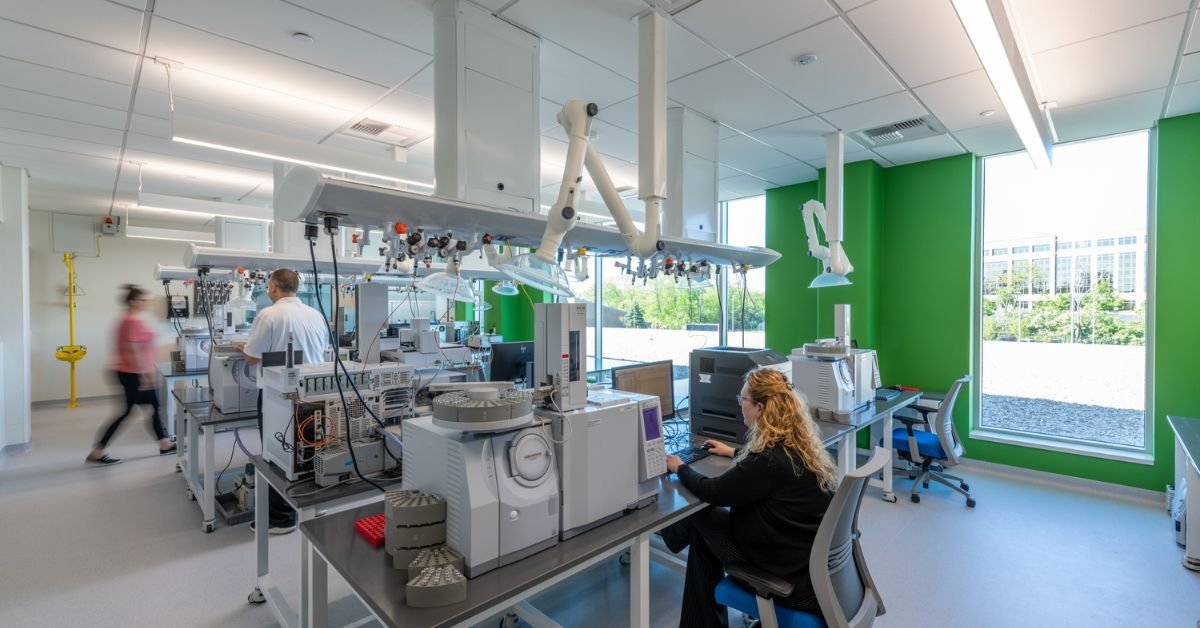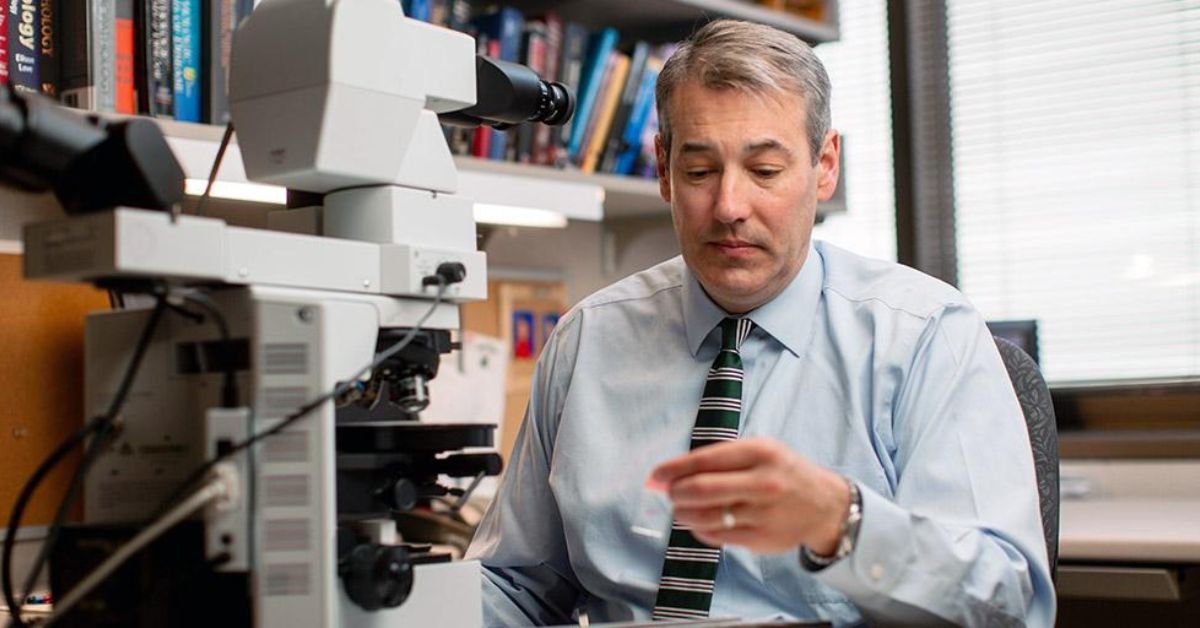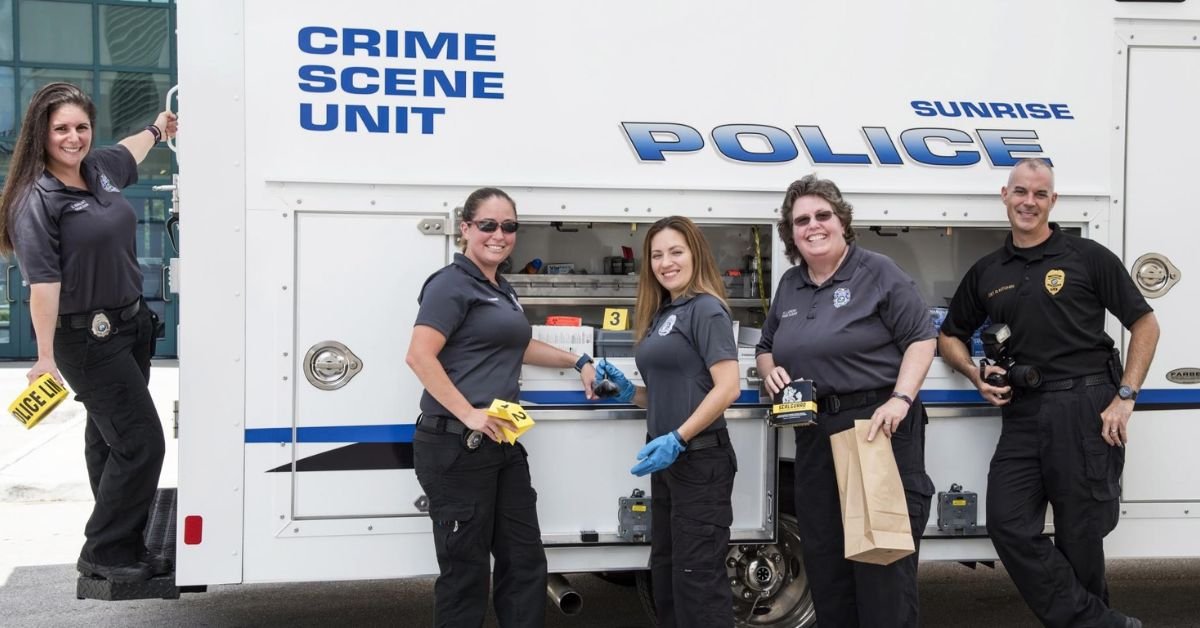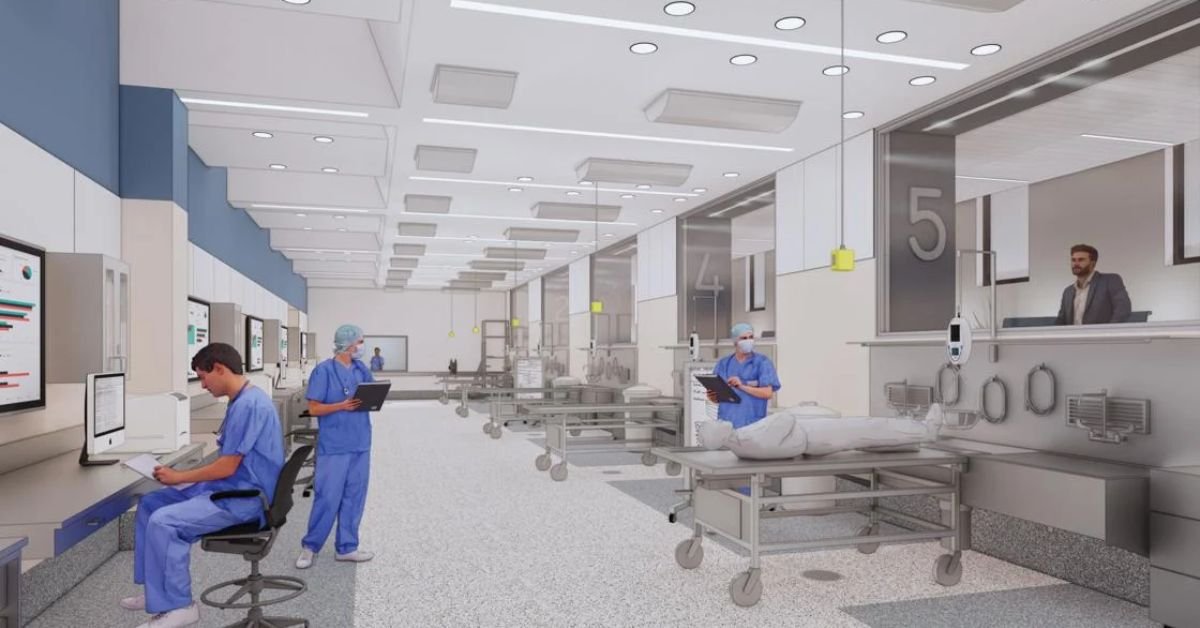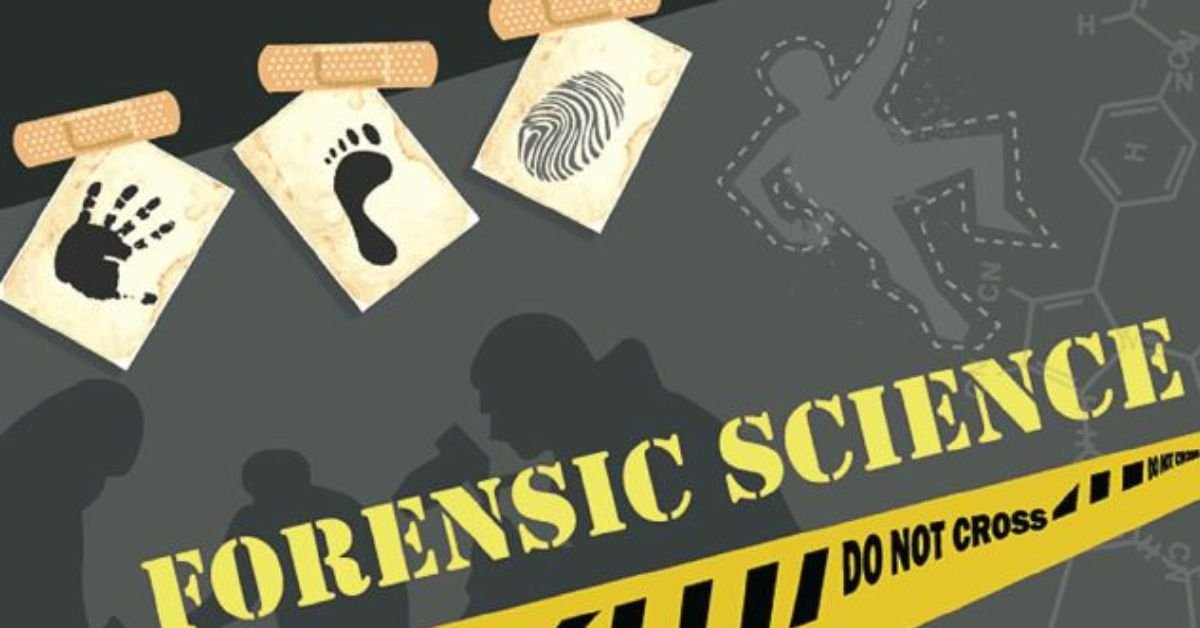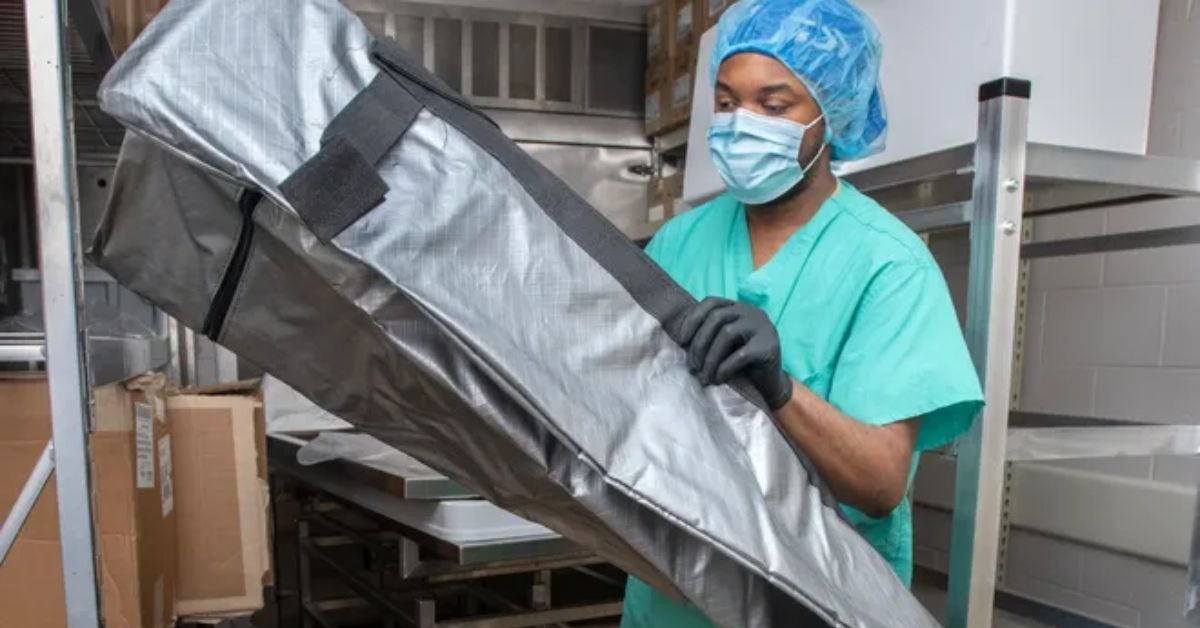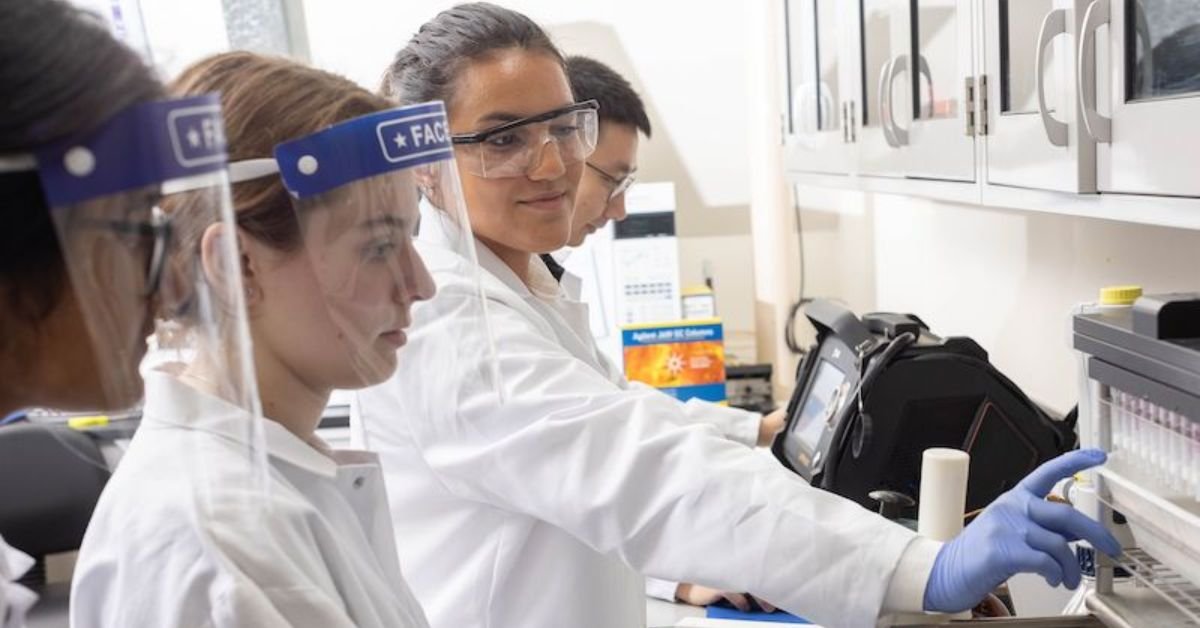Florida forensic offices play a critical role in the criminal justice system, providing scientific analyses and expertise in solving cases involving criminal activities, deaths, and legal investigations. Proper operations within forensic offices are essential to ensuring accuracy, compliance, and effective service delivery. This guide provides an overview of the operations involved in forensic offices in Florida, including organizational structure, workflow, best practices, and the importance of collaboration with law enforcement agencies.
1. Overview of Florida Forensic Office Operations
Forensic offices in Florida, such as county medical examiner offices and law enforcement forensic departments, are responsible for conducting scientific investigations into criminal cases, accidental deaths, and other incidents requiring forensic analysis. The operational efficiency of these offices is essential for ensuring the timely and accurate processing of evidence, conducting autopsies, and providing expert testimony in court.
2. Organizational Structure of Florida Forensic Offices
The structure of a forensic office typically includes several key units, each tasked with specific responsibilities:
| Unit | Description |
|---|---|
| Forensic Pathology Unit | Handles the examination of deceased bodies, determining causes of death. |
| Toxicology Unit | Analyzes biological samples to detect toxic substances such as drugs, poisons, or alcohol. |
| Forensic Anthropology Unit | Specializes in identifying human remains through skeletal analysis. |
| Crime Scene Investigation Unit | Collects and processes evidence from crime scenes for analysis. |
| Administration and Support | Manages the logistical, financial, and operational aspects of the forensic office. |
Forensic offices in Florida are often divided into specialized units, each performing critical functions. The Forensic Pathology Unit conducts autopsies, while the Toxicology Unit tests samples for substances. Other specialized units focus on anthropology, crime scene investigation, and administrative tasks, ensuring smooth operations.
3. Workflow and Operations in Florida Forensic Offices
Forensic offices operate in a highly structured manner, with clear workflows that ensure evidence is processed efficiently and accurately. The typical workflow in a forensic office includes the following steps:
- Evidence Collection: Forensic investigators and law enforcement personnel gather physical evidence from crime scenes, including body fluids, weapons, and other materials.
- Initial Examination: Forensic pathologists perform preliminary examinations to identify the cause of death or any signs of foul play.
- Analysis: Various forensic units, such as toxicology, anthropology, and DNA analysis, conduct thorough examinations to provide detailed reports.
- Report Generation: Forensic experts create reports detailing their findings, which may include autopsy results, toxicology reports, and other analyses.
- Court Testimony: Forensic experts may be called to testify in court, providing expert testimony based on their findings.
Each step in the workflow requires clear communication, documentation, and adherence to legal standards to maintain the integrity of the investigation and the evidence.
4. Best Practices for Florida Forensic Office Operations
Efficient operations in forensic offices are critical to ensuring that investigations are conducted accurately, legally, and ethically. Here are some best practices for optimizing forensic office operations in Florida:
- Standard Operating Procedures (SOPs): Implementing clear SOPs for evidence handling, analysis, and reporting ensures consistency and prevents errors. These procedures must comply with state and federal laws.
- Quality Control and Assurance: Forensic offices must regularly assess and verify the quality of their operations through audits, peer reviews, and proficiency testing.
- Interdisciplinary Collaboration: Forensic offices should collaborate with law enforcement agencies, legal professionals, and medical institutions to ensure comprehensive investigations and outcomes.
- Training and Professional Development: Continuous training for forensic staff is essential to keep up with technological advancements, new forensic methods, and changes in legal requirements.
- Data Management and Security: Ensuring that all evidence and case data are securely stored, easily accessible, and properly managed is essential for maintaining the integrity of the case and meeting legal requirements.
5. Technology and Innovation in Forensic Office Operations
Advances in technology have significantly impacted the operations of forensic offices. Some of the technologies enhancing forensic office operations in Florida include:
- DNA Analysis and Databases: DNA testing is increasingly used in criminal investigations. Forensic offices in Florida use advanced techniques and databases like the Florida DNA Database to identify suspects and victims.
- Digital Forensics: Forensic offices are adopting digital forensics tools to recover, analyze, and preserve digital evidence from computers, phones, and other electronic devices.
- Automation and Robotics: Automation in laboratory analysis and evidence tracking systems is improving efficiency and reducing human error in forensic investigations.
6. Collaboration with Law Enforcement and Legal Authorities
Effective collaboration with law enforcement agencies, legal authorities, and medical professionals is crucial to the success of forensic office operations. Florida forensic offices work closely with the Florida Department of Law Enforcement (FDLE), local police, and district attorneys to ensure that investigations are comprehensive and the findings are admissible in court.
Forensic offices also cooperate with other public health agencies, such as the Florida Department of Health, to manage toxicology results, disease investigations, and public health concerns that may arise from forensic findings.
7. Challenges in Florida Forensic Office Operations
Despite advancements in technology and best practices, forensic offices in Florida face several challenges:
- Backlog of Cases: High demand for forensic services, combined with limited resources, can result in backlogs of cases that delay investigations and legal proceedings.
- Budget Constraints: Insufficient funding can limit the ability of forensic offices to invest in new technologies, hire staff, or improve infrastructure.
- Ethical and Legal Challenges: Ensuring that forensic operations adhere to ethical standards and comply with the legal framework, such as Florida Statutes, is an ongoing challenge.
Conclusion
Florida forensic office operations are essential for the integrity of the state’s criminal justice system. By adhering to best practices, implementing advanced technologies, and fostering collaboration with law enforcement and legal professionals, forensic offices in Florida can continue to deliver accurate, timely, and legally sound results. While challenges remain, the commitment to improving operational efficiency and maintaining high standards will ensure that forensic offices can effectively support the legal process in Florida.
References
- Florida Department of Law Enforcement (FDLE). (n.d.). Forensic Services. Retrieved from https://www.fdle.state.fl.us
- Florida Statutes. (2023). Chapter 406 – Medical Examiners. Retrieved from https://www.leg.state.fl.us/statutes/
- National Institute of Justice (NIJ). (2022). Advances in Forensic Science. Retrieved from https://nij.ojp.gov
- American Academy of Forensic Sciences. (n.d.). Forensic Science Resources. Retrieved from https://www.aafs.org
